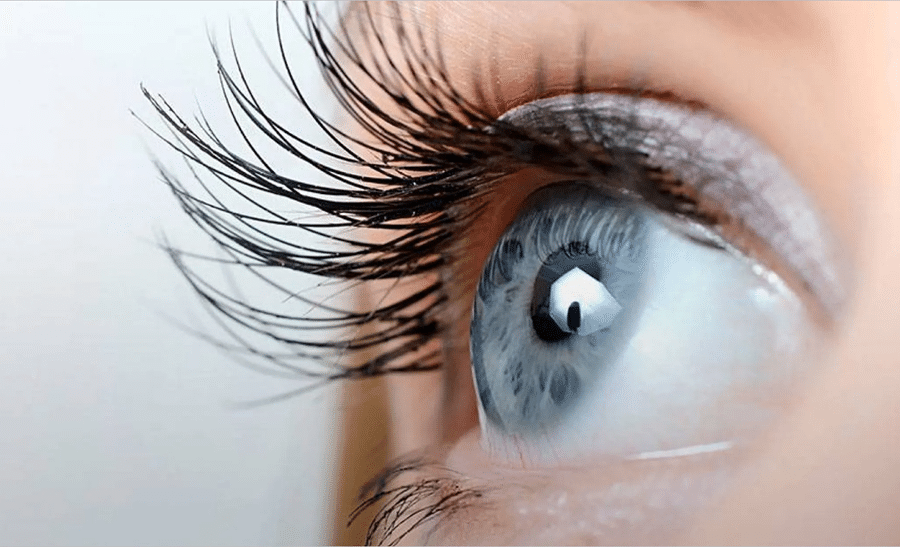Experiencing bad breath can be a distressing and often embarrassing hurdle in social situations. It’s a widespread issue that many face, and it can significantly impact one’s confidence and interactions with others. This post delves into eight practical ways to eliminate bad breath, ensuring that your oral health is at its best and your breath is fresh. From enhancing daily routines to incorporating specific foods into your diet, these strategies are both simple and effective. Let’s explore how to keep bad breath at bay and maintain that freshness throughout the day.
Contents
Prioritize Oral Hygiene

Oral hygiene is the cornerstone of fresh breath. Brushing twice a day with fluoride toothpaste and flossing at least once is essential in removing the food particles and plaque that can harbor bacteria, the primary culprits of bad breath. It’s not just about the frequency but also the technique; spending a full two minutes brushing and not neglecting the back teeth can make a significant difference. Flossing, on the other hand, reaches the 35% of tooth surfaces that brushing alone can’t clean. Moreover, replacing your toothbrush every three to four months ensures that the bristles are effective in scrubbing away bacteria and food residue.
Another important aspect of oral hygiene is the care of your dental tools. Regularly replacing your toothbrush, ideally every three to four months or sooner if the bristles are frayed, is essential. A worn-out toothbrush loses its effectiveness in properly cleaning the teeth and gums. Additionally, cleaning your toothbrush after each use and allowing it to air dry prevents the growth of bacteria on the bristles. This comprehensive approach to oral hygiene, focusing on both the methods and tools, forms a solid foundation for maintaining fresh breath.
Stay Hydrated

Hydration plays a pivotal role in maintaining a healthy mouth and fresh breath. Saliva is your mouth’s natural defense against bad breath, as it helps wash away food particles and bacteria. When you’re dehydrated, saliva production decreases, leading to a dry mouth, which is a fertile ground for the bacteria that cause bad breath. To combat this, it’s recommended to drink plenty of water throughout the day. Not only does it aid in the production of saliva, but it also helps maintain overall health, which is intrinsically linked to oral health.
Carrying a water bottle can serve as a constant reminder to drink regularly. For those who find plain water unappealing, adding a slice of lemon or cucumber can provide a refreshing twist. It’s also beneficial to limit diuretics like coffee and alcohol, which can contribute to dehydration. Remember, a hydrated mouth is a healthy mouth, so keep sipping that water to keep bad breath at bay.
Mind Your Diet
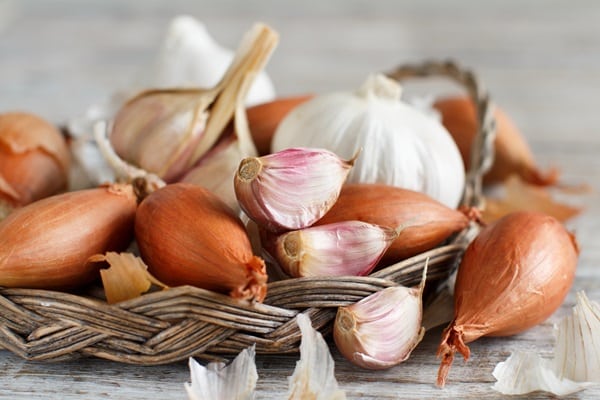
The foods you eat can have a major impact on the air you exhale. Certain foods like onions, garlic, and spices can linger on your breath long after your meal is over. These foods are absorbed into the bloodstream, transferred to the lungs, and affect the air you exhale. It’s not just about the immediate effect; these foods can continue to affect your breath for hours. Being mindful of these dietary choices, especially before social events, can help manage bad breath.
It’s also beneficial to understand the role of sugar and acidity in your diet. Consuming excessive sugary foods can lead to an increase in oral bacteria, which in turn can cause bad breath. Similarly, highly acidic foods can disrupt the pH balance in your mouth, creating an environment conducive to bacterial growth. Being mindful of reducing sugar and acid intake can play a crucial role in maintaining better breath. Balancing your diet with a focus on reducing these elements can contribute significantly to overall oral health and fresher breath.
Eat Breath-Freshening Foods

Incorporating certain foods into your diet can be a delicious way to combat bad breath. Crunchy fruits and vegetables, such as apples, carrots, and celery, can act as natural toothbrushes. Eating these foods helps to remove food particles and bacteria from the teeth and gums, which can contribute to bad breath. They also promote saliva production, which is essential for neutralizing odors and washing away food debris.
Herbs are another natural remedy for bad breath. Chewing on fresh parsley, mint, or basil leaves can help neutralize odors, thanks to their high chlorophyll content. Not only do these herbs freshen the breath, but they also offer additional health benefits, including anti-inflammatory and antibacterial properties. Including these foods in your daily diet can help ensure that your breath stays as fresh as your meals are flavorful.
Use Mouthwash Regularly

Integrating mouthwash into your daily oral care routine can significantly enhance your breath freshness. Mouthwash reaches areas that brushing and flossing might miss, providing a thorough cleanse. It’s essential to choose a mouthwash that targets the bacteria responsible for bad breath rather than just masking the odor. Alcohol-free mouthwashes are often recommended as they are less drying to the mouth, which is crucial since a dry mouth can exacerbate bad breath issues. Using mouthwash after brushing and flossing can also help dislodge any remaining food particles and provide a refreshing finish to your oral hygiene routine.
However, it’s essential to use mouthwash correctly for maximum benefit. Swishing it around your mouth for 30 seconds to a minute allows the active ingredients to effectively reduce bacteria and neutralize odors. Overusing mouthwash or using it as a substitute for brushing and flossing can be counterproductive. It’s a supplement to, not a replacement for, regular brushing and flossing. Regular use of the right kind of mouthwash can be a powerful tool in maintaining fresh breath.
Clean Your Tongue
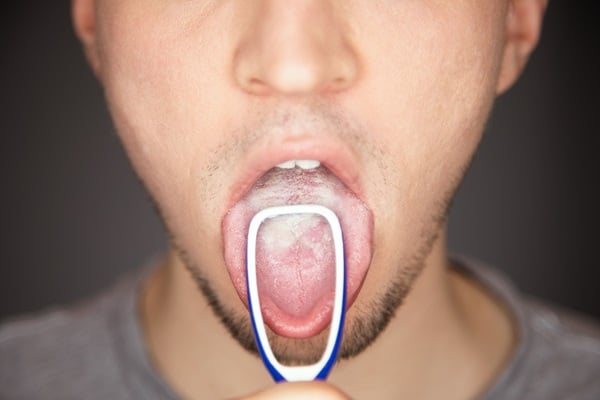
Your tongue can be a major harbor for the bacteria that cause bad breath. Throughout the day, food particles, dead cells, and bacteria accumulate on the tongue’s surface, especially at the back, contributing to foul odors. Cleaning your tongue as part of your daily oral hygiene routine can significantly reduce this bacterial load. A tongue scraper, which is more effective than a toothbrush in removing this buildup, can be used for this purpose. Gently scraping from the back of the tongue to the front a few times can remove a significant amount of the odor-causing compounds.
In addition to mechanical cleaning, rinsing your mouth with water after meals can help wash away food debris and bacteria from the tongue. This is particularly useful when you’re unable to brush your teeth immediately after eating. Remember, a clean tongue is as important as clean teeth in the battle against bad breath. Regularly cleaning your tongue can make a noticeable difference in maintaining fresh breath.
Quit Smoking And Reduce Alcohol
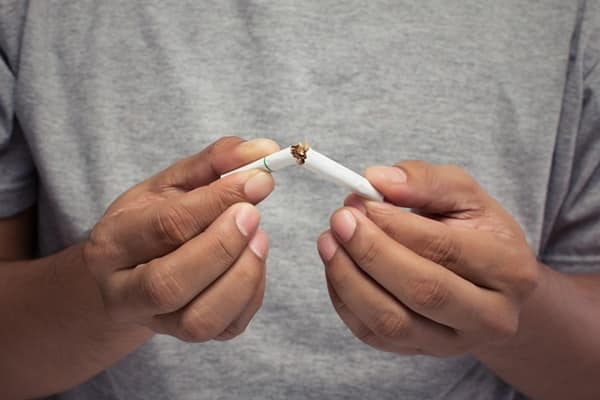
Smoking and excessive alcohol consumption are significant contributors to bad breath. Smoking not only leaves a characteristic odor but also dries out the mouth, reducing saliva flow, which is essential in washing away food particles and bacteria. Moreover, tobacco products can lead to gum disease, another source of bad breath. Quitting smoking can be challenging, but it’s one of the most impactful steps you can take for your oral health and overall well-being.
Similarly, reducing alcohol consumption can help improve breath freshness. Alcohol, particularly in high quantities, can lead to a dry mouth, exacerbating bad breath. It’s also worth noting that many alcoholic beverages, especially sweet or flavored ones, can leave a lingering odor in the mouth. Moderation is key, and staying hydrated with water while consuming alcohol can help mitigate its effects on your breath. Seeking support for quitting smoking and reducing alcohol intake can not only improve your breath but also have a profound impact on your overall health.
Regular Dental Check-Ups
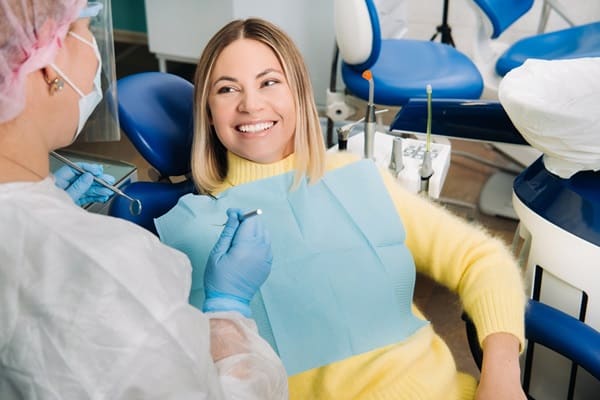
Regular visits to the dentist play a crucial role in maintaining fresh breath. Dentists can identify and treat oral health issues like cavities, gum disease, and other conditions that might be causing bad breath. A professional cleaning can remove plaque and tartar buildup, which are often difficult to clean thoroughly with just brushing and flossing. These cleanings also provide an opportunity for your dentist to offer personalized advice on improving your oral hygiene routine.
In addition to treating existing problems, regular dental check-ups can help prevent future issues. Your dentist can spot early signs of problems and provide interventions before they worsen. They can also offer guidance on products and techniques that can help keep your breath fresh. Remember, maintaining regular dental appointments is an investment in your oral health and a key step in ensuring your breath stays fresh.
Embark On Your Journey To Fresh Breath!
Fresh breath is a result of dedicated efforts in both oral hygiene and dietary habits. Embrace these strategies in your daily life to see a significant improvement in your breath quality. It’s about making small, consistent changes that collectively make a big difference. Begin this journey towards fresher breath today, and step forward with renewed confidence in your social and professional interactions. Remember, a fresher breath is just a few habits away!
